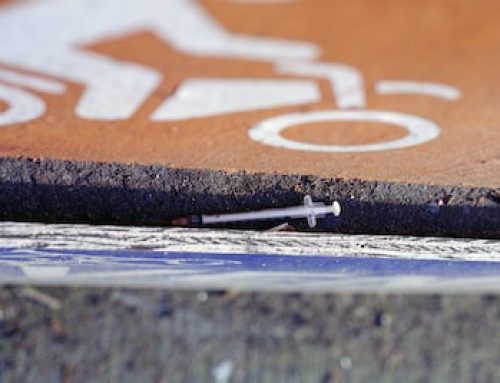The book Flow The Psychology of Optimal Experience was first published in 1990 but I just recently caught up with it. Maybe not knowing how to pronounce the author’s name, Mihaly Csikszentmihalyi, kept me away. Silly, right. Well, I found out that his name is pronounced Me-high Chick-sent-me-high and now there’s no turning back.
Csikszentmihalyi had been researching for years what makes people happy. He determined that happiness “is a condition that must be prepared for, cultivated, and defended privately by each person.” He discovered that the best moments in our lives “usually occur when a person’s body or mind is stretched to its limits in a voluntary effort to accomplish something that is difficult and worthwhile.” Over time, having these optimal experiences gives a person the sense that they are participating in choosing the content of their life. He tells us that the “optimal state of experience is one in which there is an order in consciousness.” It’s when a person has nothing important to them to focus on that they experience a sense of discomfort. This kind of realization is often reflected in popular sayings. For example, “An idle mind is the devil’s workshop.” Or as the Eagles sang, “Don’t let the sound of your own mind drive you crazy.”
I hope you’ve had these kinds of experiences in your life. It’s when you’re “in the flow” or “in the groove.” Everything comes together and works right for you.
Csikszentmihalyi has a lot to tell you about Flow in the book but for now, I think what most people want to know is how to get into the flow state. Csikszentmihalyi found that this state has eight major components. Flow usually occurs when a person engages in a task that they have a chance of completing. It’s important to be able to concentrate on the activity. This concentration is possible because the task has clear goals and provides immediate feedback. When inflow, a person acts with deep but effortless involvement and isn’t aware of their worries and the frustrations of everyday life. These enjoyable experiences enable people to exercise a sense of control over their actions. Concerns for the self disappear yet the sense of self emerges stronger after the flow experience is over. Finally, the sense of the duration of the time is altered.
Most often these optimal experiences occur within sequences of action that are goal-directed and bound by rules and that require the investment of mental energy and that could not be done without the appropriate skills. The goal of the activity needs to be meaningful to the person so that they will get a sense of accomplishment in achieving it.
It could be a competitive action; however, the competition will be experienced only when it is a means to perfect one’s skills and not an end in itself. When the challenges of a situation require a person to apply all of the relevant skills to be successful in coping with the situation, the person stops being aware of himself or herself as separate from the action that he or she is performing. You become what you are doing. Thus the pressure to control the situation disappears from the person’s consciousness because that consciousness is merged with the action at hand. It sounds rather Daoistic or Zenlike. This temporary loss of the self can lead to a sense of self-transcendence. Most people report that time seems to pass much faster when they are in the flow; at other times people report that time seems to slow down for them. In either case, being in the flow seems to free one temporarily from, as Csikszentmihalyi states it, the “tyranny of time”. I hope that this short blog has whetted your appetite to learn more about Flow from the book and, ultimately, to work to bring this experience into your life more and more.
If you would like more guidance on how to manage flow, please contact Specialized Therapy Associates at (201)-488-6678 to make an appointment. You can also visit us online at Specialized Therapy.






